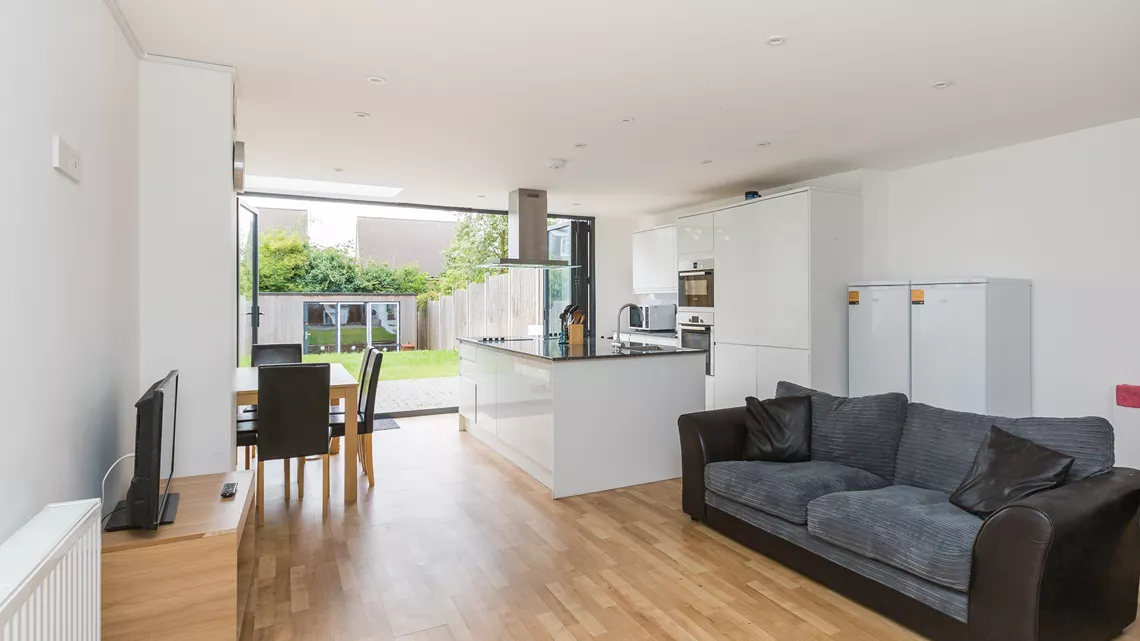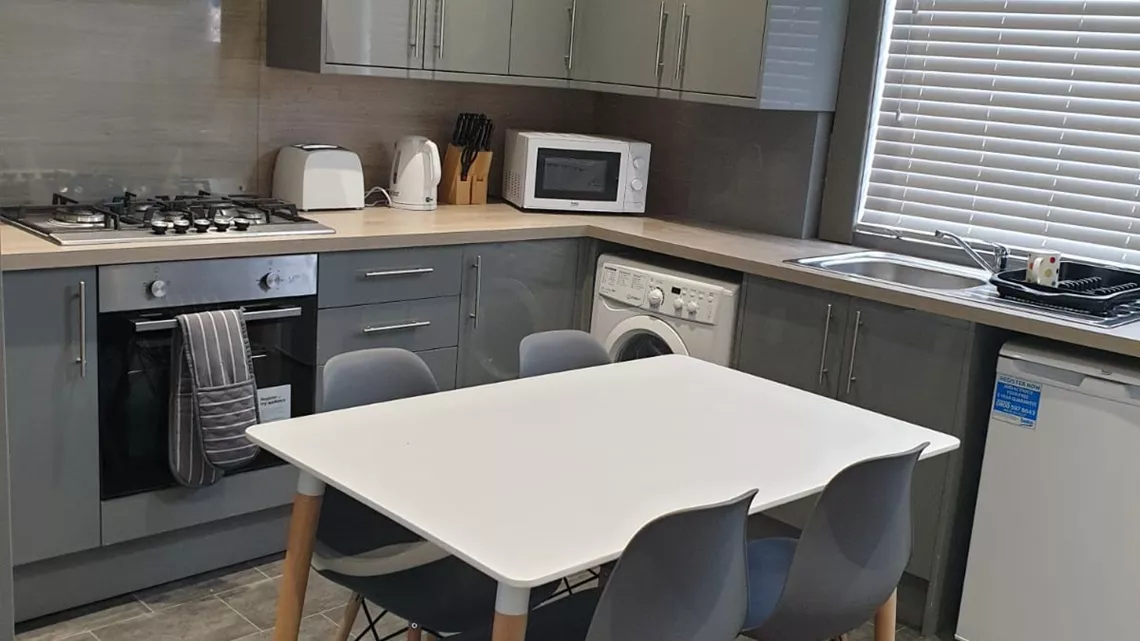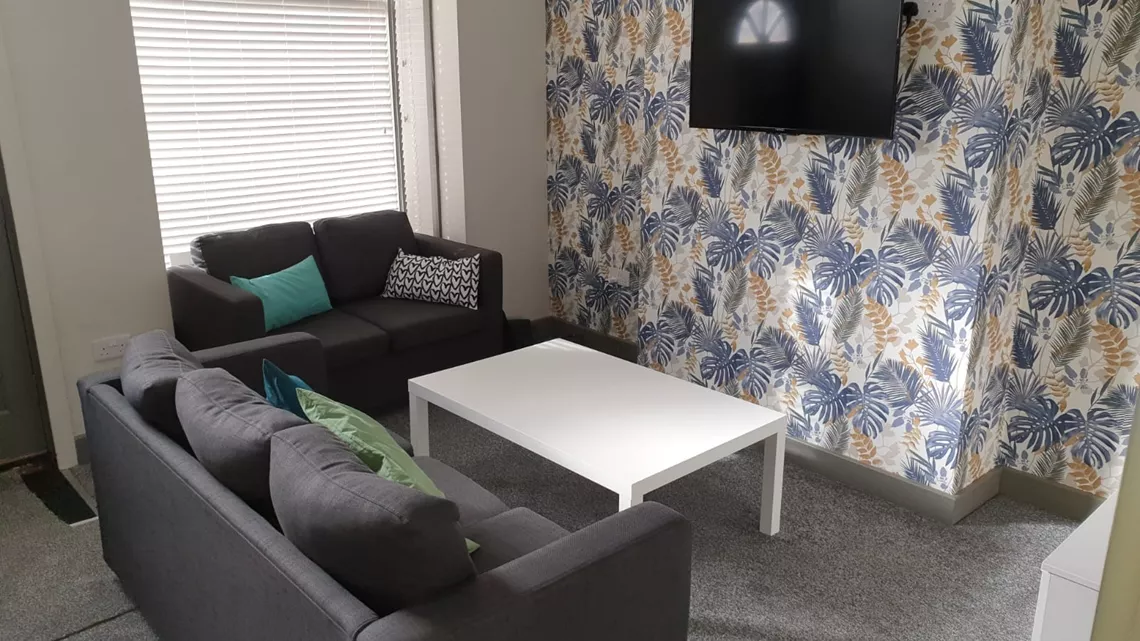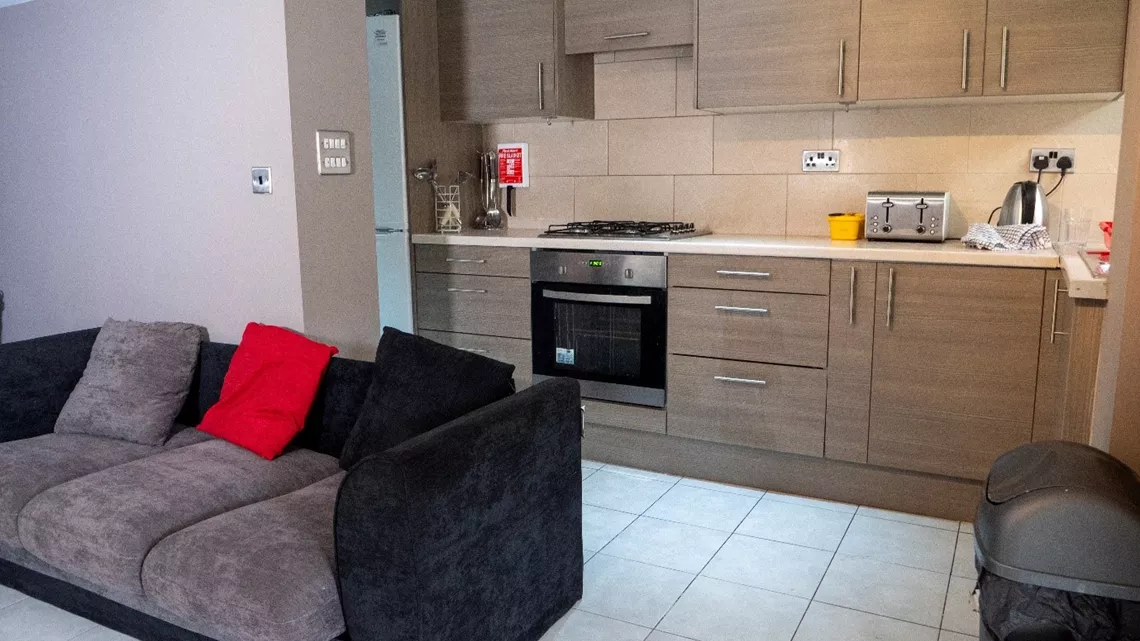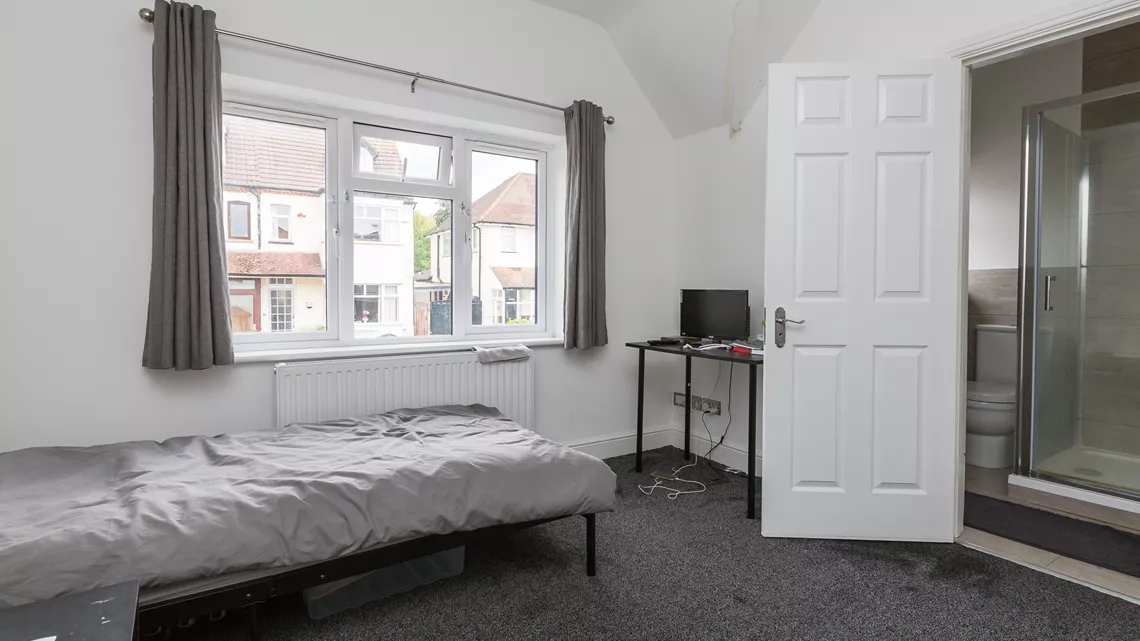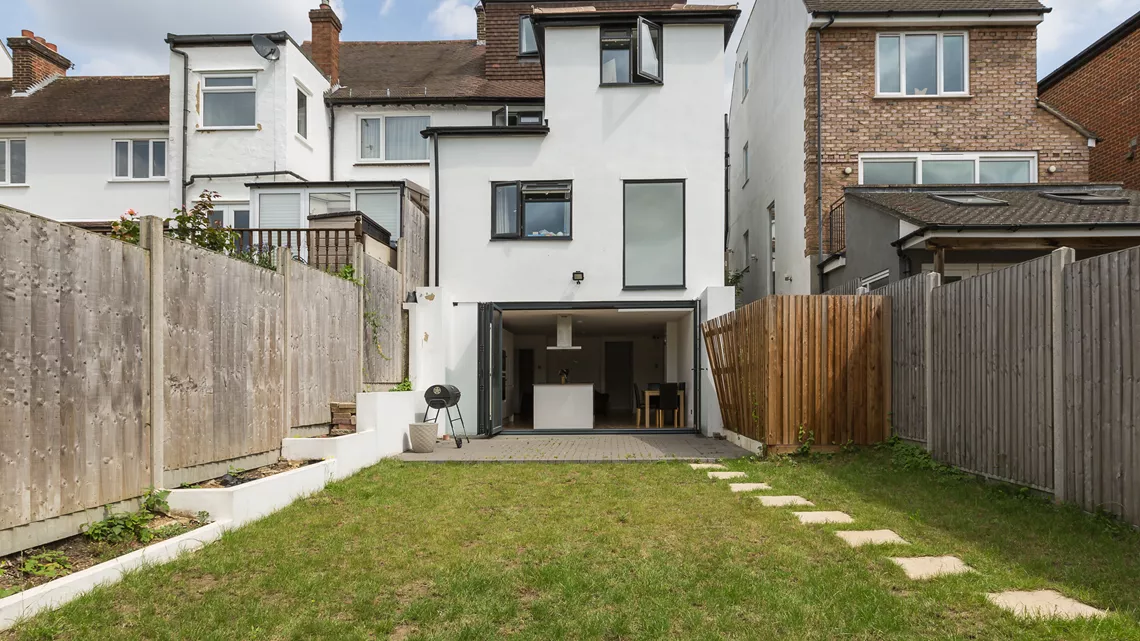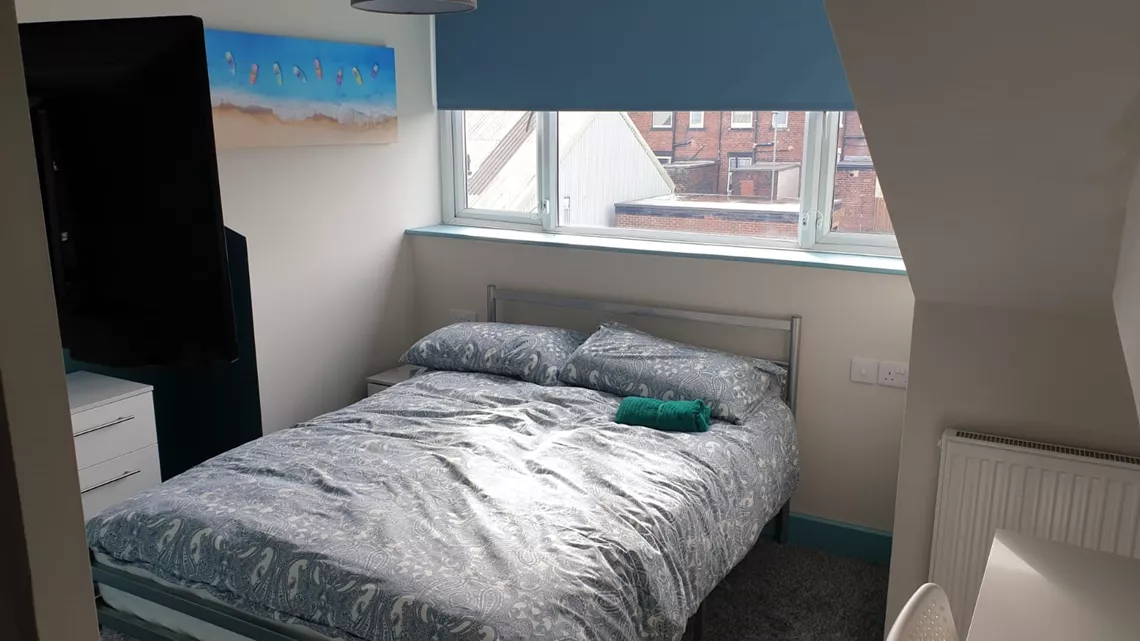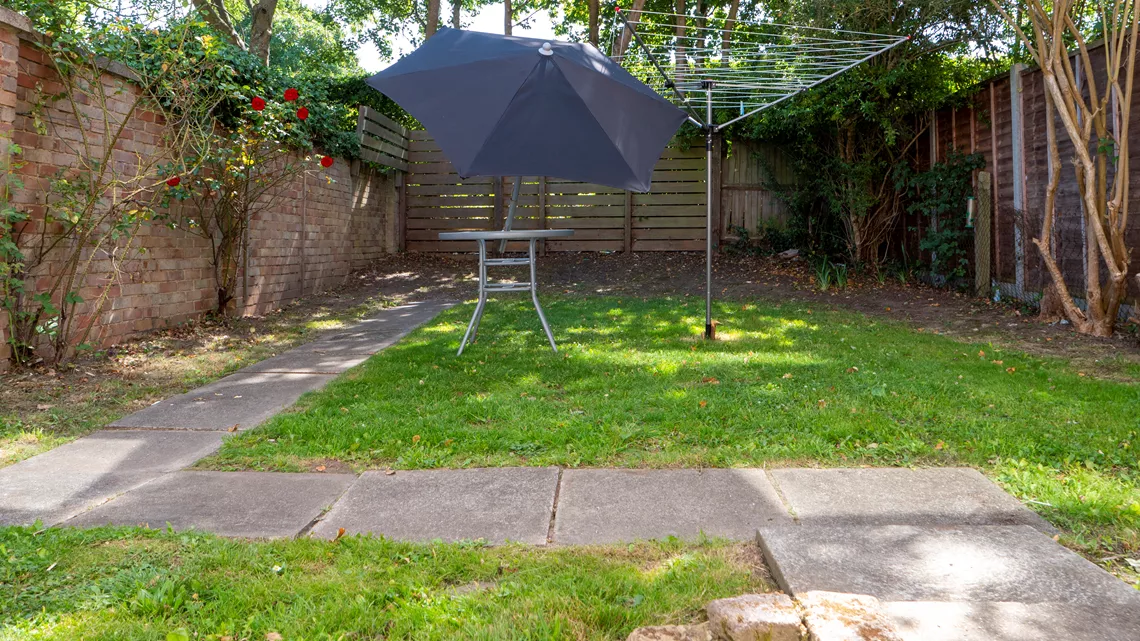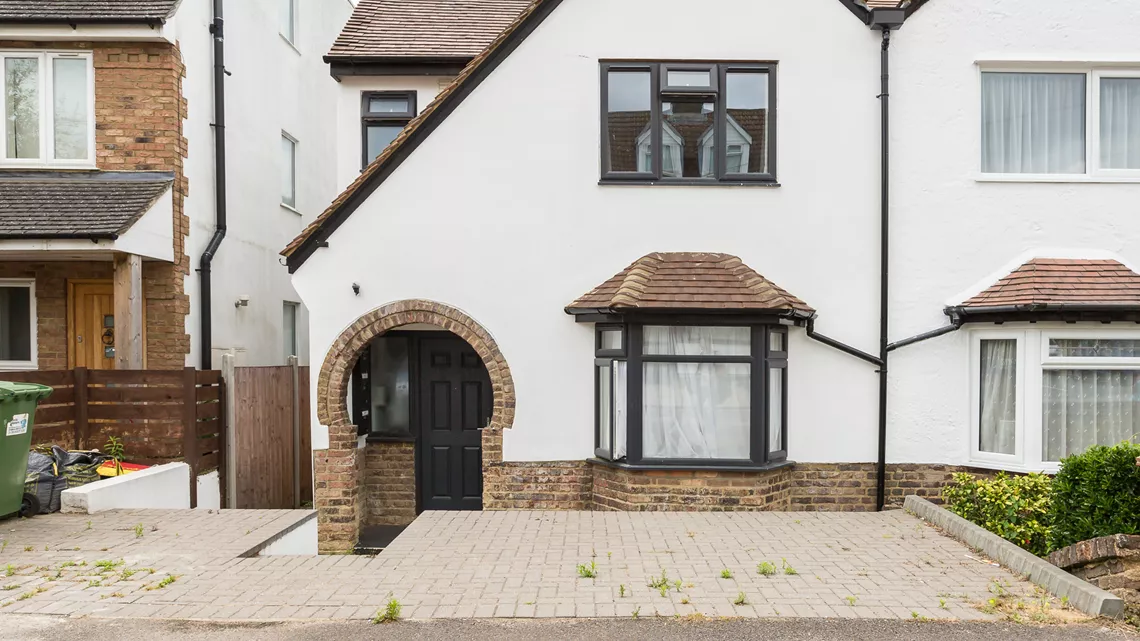Shared Living
We have a robust matching process, so that young people can live safely and happily as a group. Young people living in our shared houses are provided with a minimum of 5 hours support each week to achieve independence, according to their assessed needs. Support is adjusted according to the changing needs of the young person and can increase or decrease to respond to individual needs.
Whilst a young person is living at LCS we deliver a ‘step down’ support package to increase the young person’s skills, giving them greater capacity and ability to achieve independence.
Matching to ensure a Safe and Happy Community
We treat all shared houses as an opportunity for group work, and staff are trained to work systemically. Therefore, we place a heavy emphasis on thorough and accurate matching and understand the potential consequences of introducing a young person to a new environment, for the young person, existing residents and staff alike.
Our referral process requires as much referral information and history as possible and an up-to-date risk assessment. This is reviewed by two managers before a placement is offered. Where the risk is higher, or not fully known, we will undertake a face-to-face meeting whenever possible.
Our shared units do not take young people associated with gangs or who have high mental health needs. The majority of our shared units are single-sex.

Participation
All young people will participate in the running of the household. Therefore, we will host weekly house meetings, allowing young people to plan their meals, discuss ideas for decorating the property and arrange their own rota for cooking and cleaning. As these tasks are allocated between the young people, we are therefore increasing the likelihood that they will positively participate.
In accordance with our approach of encouraging and enabling the greatest levels of independence and control for young people, we place clear expectations upon them for managing their accommodation. This includes tidying, cleaning, maintaining furnishings and establishing rotas in shared houses. These expectations are explained and agreed before young people move into our accommodation or, in the case of emergency referrals, at the earliest opportunity thereafter.
Balancing Needs
Every young person will have their own dedicated keyworker to provide individualised, focussed support that enables them to progress towards independence. Keyworkers and support workers will have weekly meetings to discuss any issues affecting the household, and whether there are any conflicting needs/issues that need to be monitored.
Addressing Non-Engagement
To further reinforce positive engagement, we will have an incentive scheme. Young people will work towards their weekly targets, including education, employment, training, completion of chores, returning home before curfew, and maintaining positive behaviour. If they achieve these targets, then we will fund a group activity, e.g. a film night, a nails night, or bowling. This will be chosen by the young people, further fostering a sense of community.
Young people who do not participate are not included, providing a deterrent. If this approach does not work, we will liaise with the young person’s social worker to identify potential financial sanctions.


Standalone
Where a young person has moved on to independence but it has been assessed that they would benefit from further support, LCS is able to offer time-limited floating support to help the young person settle in and be equipped for independent living.
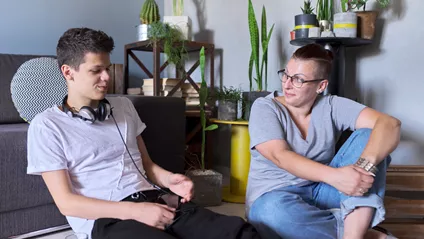
Individual Supported Living
Each young person will receive a minimum of 5 hours support per week, with additional hours provided where an assessment of the young person’s needs requires this (agreed in conjunction with the Social Worker/Personal Advisor). A support helpline and emergency call out service are available 7 days a week, 365 days per year.

Unaccompanied Asylum Seekers
A specialised support package is put in place based on the individual needs of the young person. This can be as simple as improving health and wellbeing, working on the young person’s stability and building up their supportive network by engaging the young person in GP services.
